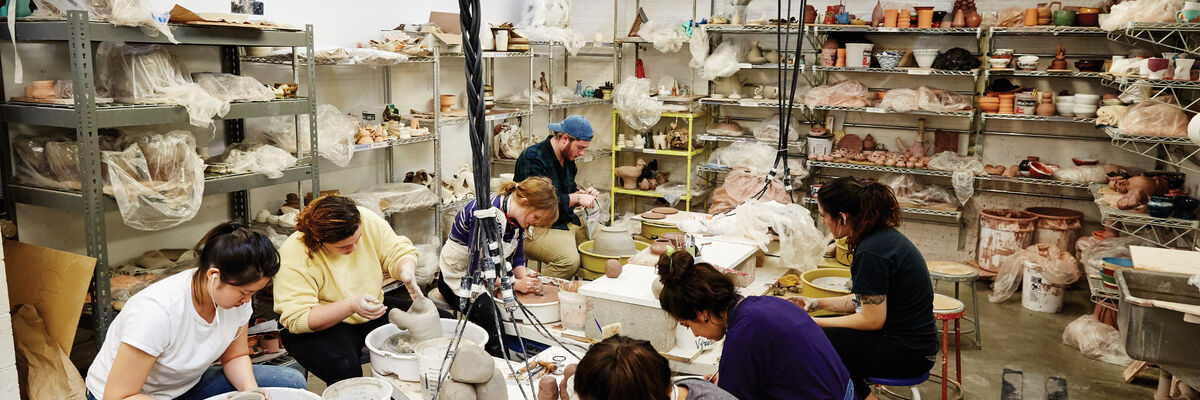
Q & A with Tania Bruguera (MFA 2001)

Tania Bruguera (MFA 2001) is an installation and performance artist and educator from Havana, Cuba. She enrolled at SAIC after first visiting as an Artist in Residency in 1997. Her work is rooted in specific political struggles—she currently heads the Immigrant Movement International in Queens, New York.
In your work, unsettling your audience is as important as the performance itself. How did this become such an integral part of your practice?
In order to do something that generates a real conversation I have to break people’s preconceived barriers. Society educates us to grow walls around ourselves—walls that we forget to break down even when we are alone. I try to destroy this protection seal to work within a more honest, ethical and personal approach to a situation.
How do specific settings influence your work?
I use the term “political timing specific” to describe my work, meaning it’s not only embedded in a specific place but also in a specific political moment. If you are a political artist your work belongs as much to you as it does to the political context you are dealing with. Art institutions have become an exercise in self-reference on the art practice more than an analysis and dialogue on what is politically relevant. I reflected on this with my piece Self Sabotage, during the Venice Biennial in 2009, where I played Russian roulette as a kind of reflection on the political banalization in some art venues. Political art is not a casual subject or a fashion during election times—it is an everyday attitude, it is a way of living, it is an ongoing commitment.
You often refer to useful art, art that is capable of achieving something in the social field. What do you think you have been able to achieve in the social field as one of the most visible performance artists throughout the years?
Arte Útil or Useful Art is a social production where its ultimate goal is to generate something that will be beneficial to the people involved in a project by a process that is reflexive and creative. I’m not so interested in questioning if what I do is art of not, I’m more interested in the role of the artist in contemporary society and in working for/with the audience that is not initiated on art. People who are not trained to understand contemporary art don't necessarily need to know that they are witnessing an art piece; they need to go into that experience to grow, to be challenged as a person, as a citizen. They can enjoy the piece by understanding what is there for them and what they are going to take from the piece, that’s from where they enter contemporary art, so instead of rejecting something they do not feel connected to or do not understand, they are part of, contributing to and understand as a moment of art.
